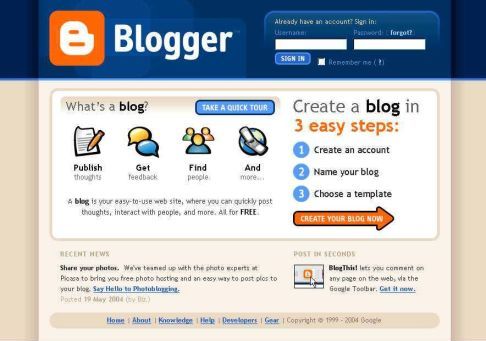By NIKI CHEONG
alltherage@thestar.com.my
In the mid-1990s, I created my first website. It was only a single page, though. Through some very easy online tutorials, I managed to teach myself basic Hypertext Markup Language or HTML, and could add text – in different sizes and colours – to the page.
Those old enough to remember the early days of the World Wide Web will also remember such free hosting sites as Geocities and Tripod. These sites made it easy for people to create websites, though you had the choice of including HTML codes to personalise your pages.
I had so much fun learning something new and that I could experiment with, I probably went overboard with my modifications.
Still, I managed to get skillful enough to “teach” fellow netizens who wanted to learn basic HTML through the various online communities on those sites.
What I didn’t realise at the time was that I essentially learned a new language – even though it wasn’t as conventional as say, learning French, Mandarin or even Sign.
Of course, technology has advanced so much since then that you arguably do not need to know HTML (we’re in version 5 of the language now, compared to v.1 when I first learned it).
Blogging sites such as Blogger and WordPress have made website creations as simple as typing some text in and clicking a few buttons. And if you wanted something more elaborate, you could use a software like Dreamweaver, which doesn’t require you to code either.
The advantage I had, as someone who was familiar with the basic language of the web, was that I could probably modify my Blogger and WordPress sites a bit better than the average layman. Still, languages evolve and digital languages are no different.
Besides newer versions, there are also other “languages” that can make things more sophisticated including CSS (cascading style sheets) and Javascript.
Last year, I had the opportunity to learn these new languages (and refresh my basic HTML knowledge) when I opted to study Web Technologies as a module
for my Master’s course. Since then, I have managed to maintain my blog and website better.
This year, I am auditing a class which teaches a different language – Python.
One of the reasons for this is not only to extend my understanding of computer coding (although these are probably entry level).
The other is that I made a New Year’s resolution similar to that of New York mayor Michael Bloomberg’s – to spend the year learning to code.
Bloomberg, myself and almost 400,000 other people around the world have taken the pledge as part of the “Code Year” campaign, organised by CodeAcademy (www.codeacademy.com).
The company sends an e-mail each Monday (we’re in week five at the moment so there’s still time to catch up if you wish) that contains some basic lessons and exercises on coding.
I would encourage you to do the same. Just in the few lessons I’ve had over the past few months, I now have a better understanding of why things work the way they do on the Internet and on my smartphones (apps need to be coded too).
Other than just having additional knowledge, it also allows us to manipulate such sites to function better and more relevant to our use.
It is also always useful to learn a new language, and considering how much technology looks set to be part of our lives in the future (if it hasn’t already), it would make sense that we equip ourselves with as much knowledge about these systems as possible.
In Britain, the education secretary Michael Gove has recently announced that starting September, schools will teach computer science and programming.
Not every body may want to be a computer programmer but there are other values to learning a different language – whether in just maintaining your personal sites, having an extra skill on your resume or getting a headstart in what might just become the major language of the future.
Most importantly, I think understanding the fundamentals of the technology that we have become so reliant on will also empower us as users.
It will give us more options in terms of usability. We will no longer need to be slaves to systems and programmes that have been so far forced upon us through lack of choice (and ignorance).
We will be able to do much more with open source software, and who knows, you might just be good enough to create your own applications that works for you.
So, try to spare some time once a week and take part in the Code Year tutorials (www.codeyear.com). It may be really basic lesson, but it’s a good start. And the truth is, you have very little to lose and all to gain.
Niki is a MA Digital Culture and Society student at King’s College London. Find him online at www.nikicheong.com or via Twitter at www.twitter.com/
nikicheong.



Tell us what you think!